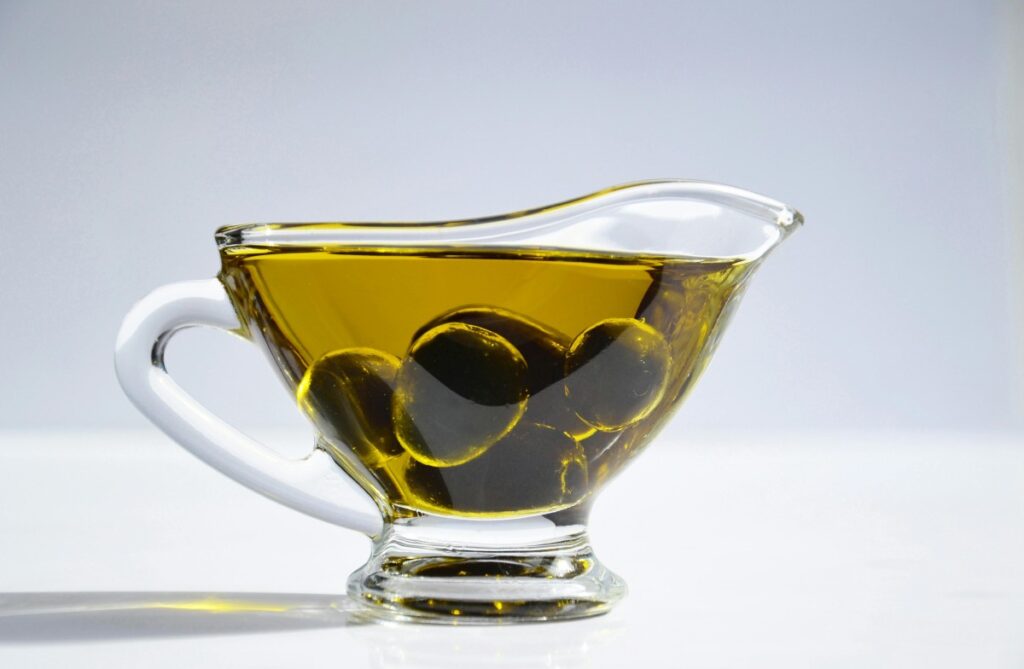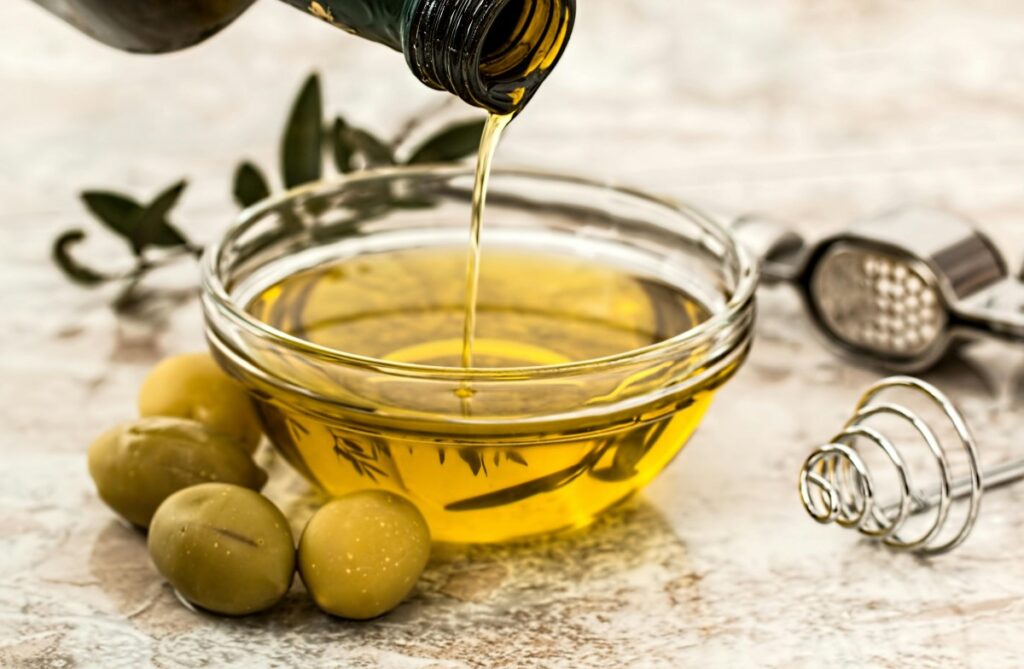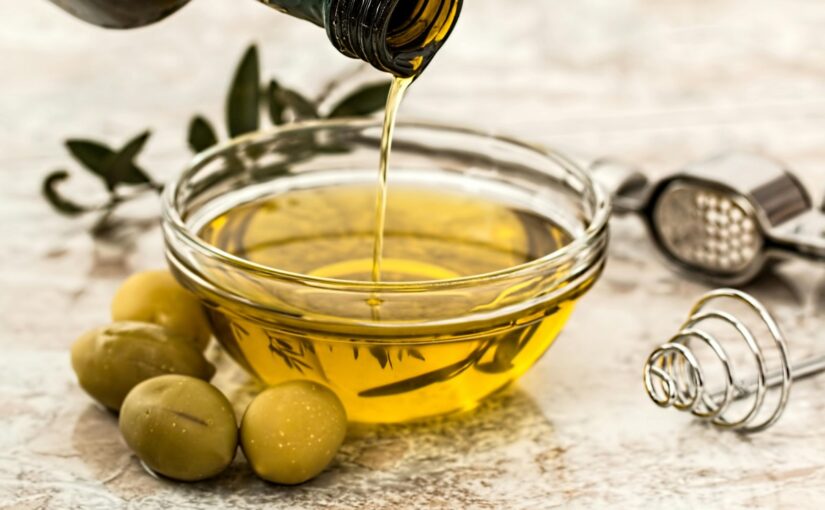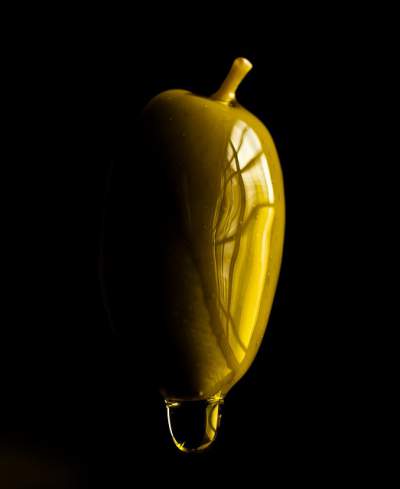Olive oil has been cherished for centuries as a key ingredient in skincare routines, thanks to its numerous health benefits. Rich in antioxidants, vitamins, and essential fatty acids, olive oil nourishes the skin deeply, providing moisture and protection from environmental stressors. Let’s explore the top benefits of olive oil for the skin and how to incorporate it into your skincare routine.
1. Rich in Antioxidants
Olive oil is packed with antioxidants, particularly vitamin E and polyphenols, which protect the skin from oxidative damage caused by free radicals. Free radicals, which result from environmental pollution, UV rays, and stress, can lead to premature aging, wrinkles, and fine lines. Antioxidants in olive oil neutralize these free radicals, helping the skin maintain its youthful appearance.
How to Use:
- Apply a few drops of extra virgin olive oil to your face as a serum before bed.
- Mix olive oil with a carrier oil like jojoba for an antioxidant-rich face oil.
2. Intensely Hydrating
One of the standout qualities of olive oil is its ability to deeply hydrate and nourish the skin. It acts as an occlusive, meaning it locks moisture into the skin by creating a protective barrier. This makes olive oil ideal for dry, flaky skin and areas prone to roughness, such as elbows and knees.
How to Use:
- Use olive oil as a moisturizer by massaging a small amount into damp skin after bathing.
- Add a few drops of olive oil to your body lotion to boost its hydrating effects.
3. Anti-Inflammatory Properties
Olive oil contains compounds like oleocanthal, which have anti-inflammatory properties. These compounds can help soothe irritated, red, or inflamed skin. It’s particularly useful for people with sensitive skin conditions such as eczema, psoriasis, or rosacea.
How to Use:
- Gently apply olive oil to affected areas to reduce irritation and inflammation.
- Mix olive oil with aloe vera gel for an even more soothing treatment.
4. Supports Skin Barrier Repair
The skin’s barrier is essential for protecting against environmental irritants and preventing water loss. Olive oil is rich in essential fatty acids, particularly oleic acid, which helps strengthen the skin’s natural lipid barrier. This promotes better moisture retention and supports the healing of damaged skin.
How to Use:
- Use olive oil as a night-time skin treatment by applying it to your face and leaving it overnight for intensive barrier repair.
- Combine olive oil with shea butter to create a nourishing balm for dry or damaged areas.
5. Promotes Skin Regeneration
The vitamins and antioxidants in olive oil not only protect the skin but also encourage skin cell turnover. Regular use of olive oil can help in the regeneration of skin cells, improving skin texture and promoting healing from minor scars or blemishes.
How to Use:
- Massage olive oil onto your face in circular motions to stimulate circulation and support regeneration.
- Use it on stretch marks or small scars to improve their appearance over time.
6. Natural Makeup Remover
Olive oil is an excellent, gentle makeup remover. It effectively breaks down makeup, including waterproof mascara and eyeliner, without stripping the skin of its natural oils. Its moisturizing properties also ensure that your skin remains soft and supple after cleansing.
How to Use:
- Apply a small amount of olive oil to a cotton pad and gently wipe away makeup.
- Rinse with lukewarm water or use a mild cleanser for a clean finish.
7. Fights Signs of Aging
Olive oil’s rich content of vitamins A, D, E, and K can help reduce visible signs of aging. These nutrients nourish the skin, improve elasticity, and help reduce the appearance of fine lines and wrinkles. The combination of hydration, antioxidants, and nourishment makes olive oil a powerful anti-aging treatment.
How to Use:
- Apply olive oil around the eyes and mouth, where fine lines and wrinkles tend to form.
- Create a natural anti-aging mask by mixing olive oil with honey and applying it to your face for 15 minutes before rinsing off.
8. Protects Against UV Damage
While olive oil is not a substitute for sunscreen, it can help repair skin after sun exposure. The antioxidants and vitamin E in olive oil help to reduce the damage caused by UV rays, such as sunburn or pigmentation.
How to Use:
- Apply olive oil to sun-exposed areas to soothe and moisturize the skin after being in the sun.
- Use it as a base for homemade after-sun lotions or creams.
Conclusion
Olive oil is a versatile and natural ingredient that offers immense benefits for the skin. Whether you’re looking to hydrate, protect, or rejuvenate your skin, olive oil can be an excellent addition to your skincare routine. By incorporating it into your daily regimen, you can enjoy softer, more radiant, and healthier skin. Always opt for extra virgin olive oil to get the most out of its natural properties, and patch test before applying it to sensitive areas of the skin.





